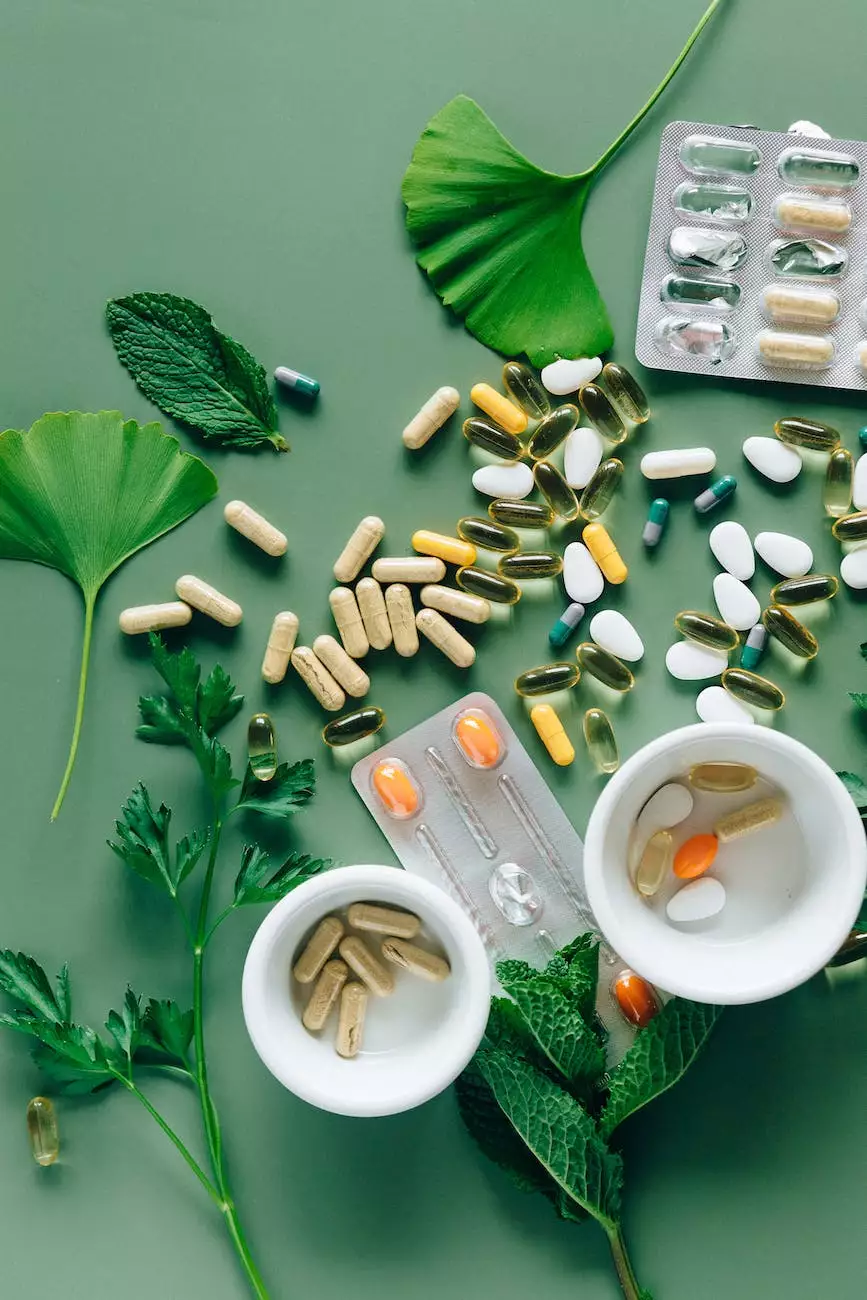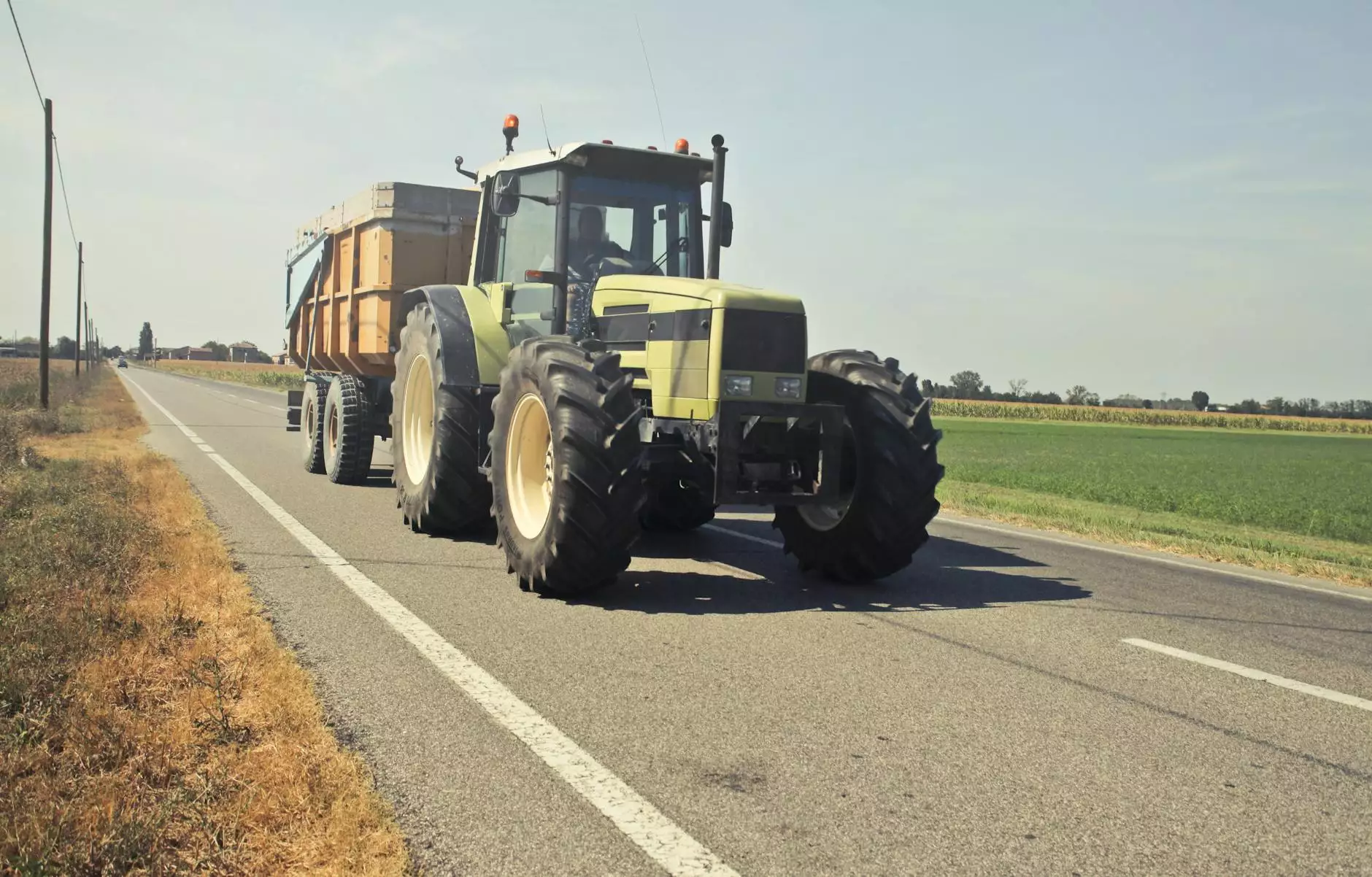Alternatives to Styrofoam - Sustainable Solutions for Packaging

Introduction
With the growing concern for the environment, businesses are increasingly looking for alternatives to Styrofoam for their packaging needs. Styrofoam, also known as polystyrene, poses significant environmental challenges due to its non-biodegradable nature. Fortunately, there are numerous sustainable solutions available that not only minimize environmental impact but also offer superior functionality. In this article, we will explore some of the best alternatives to Styrofoam and highlight their benefits.
1. Biodegradable Packaging Peanuts
When it comes to protecting fragile items during shipping, packaging peanuts are often used. However, using traditional Styrofoam peanuts can greatly harm the environment. Biodegradable packaging peanuts, made from natural materials such as cornstarch or wheat, provide an excellent alternative. These peanuts are fully compostable, dissolve in water, and leave no toxic residue behind.
2. Mushroom Packaging
Mushroom packaging is an innovative alternative that uses mycelium, the root structure of mushrooms, to create sustainable packaging materials. The mycelium acts as a natural adhesive, binding agricultural waste into a strong and insulating material. This solution offers excellent protection for delicate items and is entirely biodegradable.
3. Natural Fiber-based Cushioning
Another eco-friendly alternative is natural fiber-based cushioning. Materials like hemp, jute, or bamboo can be molded into various shapes and provide effective protection during shipping. These natural fibers are renewable, biodegradable, and have a minimal carbon footprint. Additionally, they are lightweight and offer excellent shock absorption.
4. Pulp Molded Packaging
Pulp molded packaging is made from recycled paper pulp, typically sourced from newspapers or cardboard waste. This alternative provides excellent cushioning, similar to Styrofoam, and can be easily molded to fit various items. It is recyclable, biodegradable, and reduces the demand for new paper production.
5. Plant-based Plastics
Plant-based plastics, also known as bioplastics, are derived from renewable resources such as corn, sugarcane, or potato starch. These materials can be used to create protective packaging, including molded inserts and bags. While they share similar functionalities with Styrofoam, they have the advantage of being biodegradable and reducing reliance on fossil fuels.
6. Recycled Cardboard Inserts
Utilizing recycled cardboard inserts is an excellent sustainable solution for packaging. By repurposing cardboard waste, this alternative helps reduce the overall environmental impact. These inserts come in various sizes and can be easily customized to fit specific products. They provide good protection and are highly recyclable.
7. Fabric-based Wraps
For products that require surface protection without additional cushioning, fabric-based wraps can be an ideal alternative. Fabrics such as cotton or linen provide a protective layer while offering an eco-friendly solution. These wraps are reusable, washable, and can be customized with company branding.
8. Cornstarch Foam
Cornstarch foam is a biodegradable material that can replace Styrofoam in many packaging applications. It offers similar protective qualities and is completely compostable. This alternative is derived from renewable resources and reduces the dependency on fossil fuels.
Conclusion
As awareness of environmental concerns continues to grow, finding reliable alternatives to Styrofoam in packaging becomes crucial for businesses. By choosing sustainable solutions, such as biodegradable packaging peanuts, mushroom packaging, natural fiber-based cushioning, pulp molded packaging, plant-based plastics, recycled cardboard inserts, fabric-based wraps, and cornstarch foam, businesses can reduce their impact on the environment while maintaining quality and functionality. Remember, choosing these eco-friendly alternatives is a positive step toward building a greener future.




